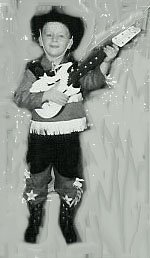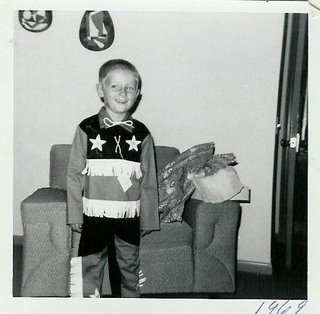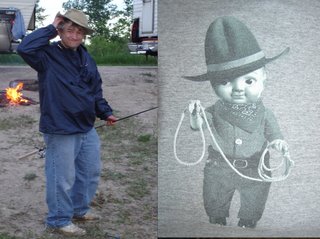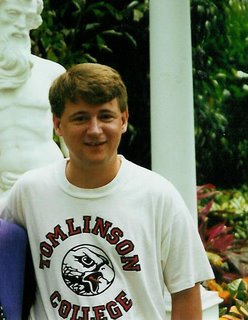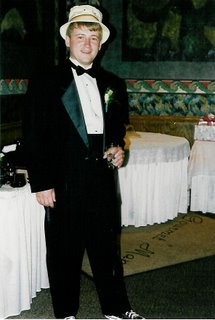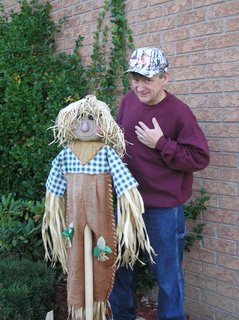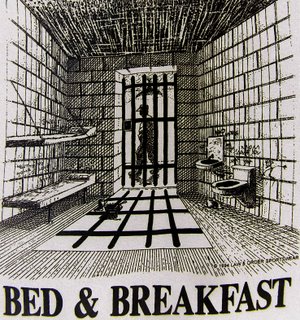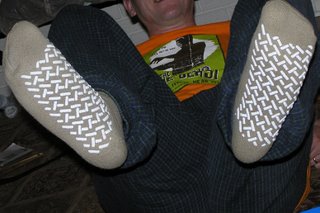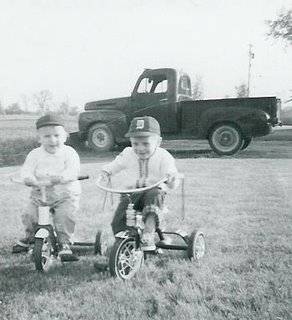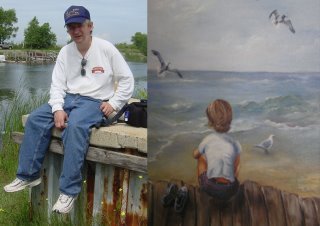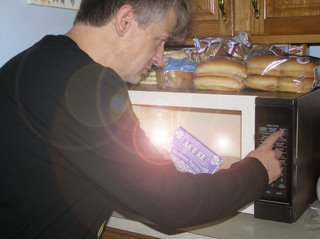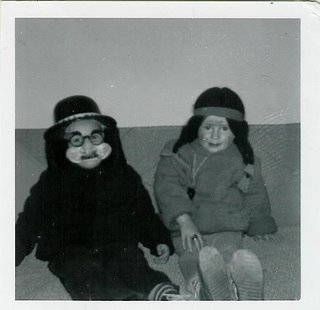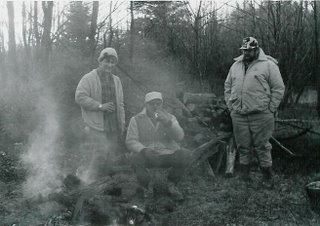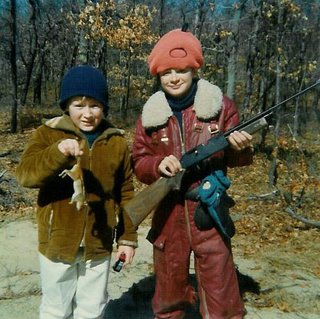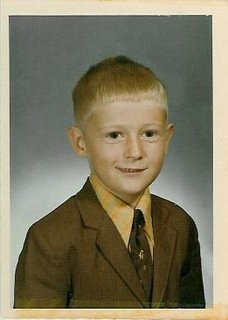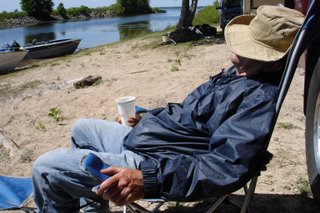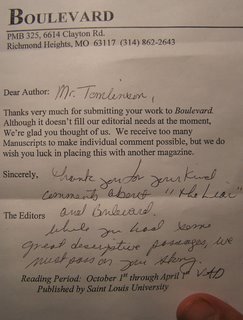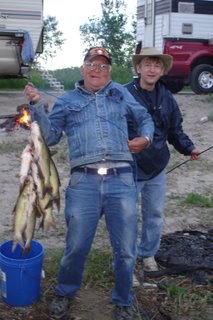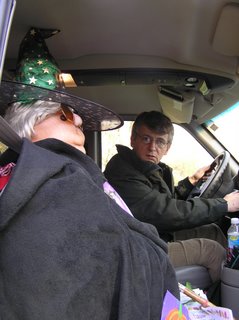 My mother-in-law always comes over for Halloween; It's tradition. She likes to give away our candy and comment on the various costumes. She even dresses up Charlie, her travel companion dummy. "He's a witch this year," she says enthusiastically.
My mother-in-law always comes over for Halloween; It's tradition. She likes to give away our candy and comment on the various costumes. She even dresses up Charlie, her travel companion dummy. "He's a witch this year," she says enthusiastically."That's nice," I yawn.
In case you didn't know, I'm really not into the whole ghosts and goblins begging for candy at my door routine. I'd rather spend a quiet evening watching television, uninterrupted.
"You just missed the cutest little Elephant. He was adooorable, just adooorable."
My wife approaches and joins in, "Awwwh, look at the little Batman coming up the driveway."
"Hmmm," I say from the couch, ready to grab the t.v. remote and turn up the volume. I wish they'd sit on the porch, keep the door closed. I'm not trying to heat the outside.
So goes my night. Not all of their comments are favorable. My mother-in-law complains about a gaggle of teenagers breaking with tradition--no "trick or treat," no costumes, just pillow cases thrust forward waiting for some candy. As they walk down our driveway, my mother-in-law says, "They didn't say thank-you. I should've told them 'no costume, no treat.' They're too old to be trick or treating, don't you think? They should be at a Halloween party or passing out candy at home."
"How about a trick?" I ask. My wife and mother-in-law nod in agreement. I hit the key fob to my mother-in-law's van. Someone yells, "Jesus!"

